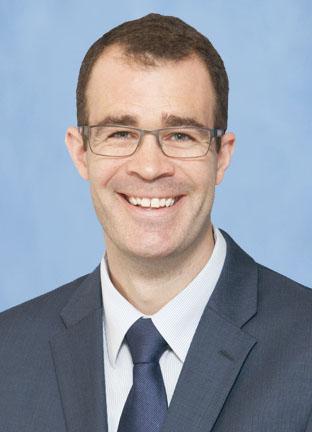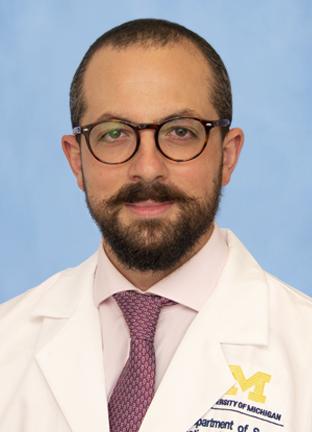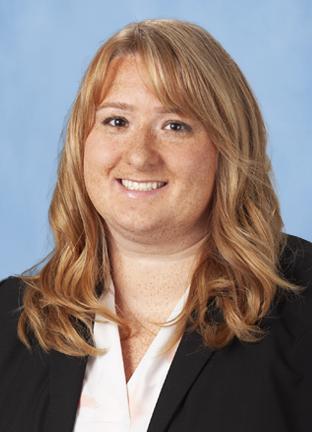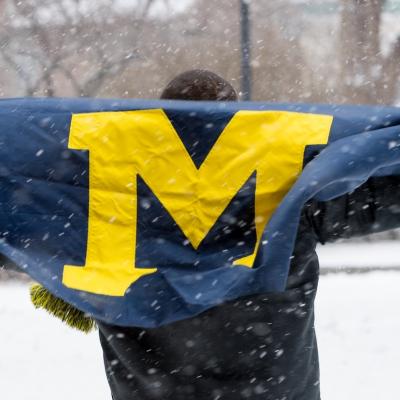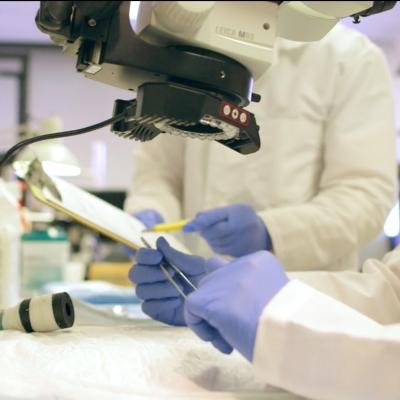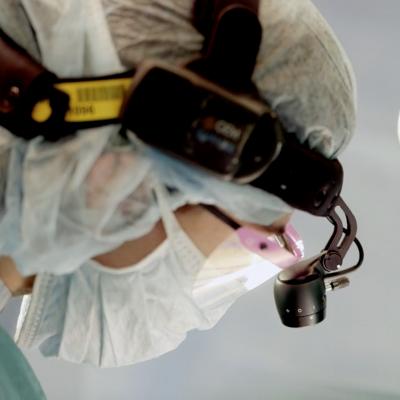Our highly competitive 2-year Michigan transplant surgery fellowship program offers:
- Comprehensive clinical experience: Transplant surgery fellows gain expertise in performing liver, kidney, and pancreas transplants in adults and children, and by the end of their fellowship are coaching junior colleagues through procedures. Fellows also achieve proficiency in hemodialysis access and hepatobiliary surgery. But it’s not just about logging numbers of cases — as a transplant surgery fellow at Michigan, fellows learn to manage all aspects of patient care, including preoperative evaluation and testing, and long-term post-transplant care and immunosuppression.
- Rich research opportunities: Fellows have their pick of opportunities among the section’s balanced portfolio of basic science research, translational research, and health outcomes research. With our interdisciplinary partnerships — including nephrology, hepatology, infectious disease, bioengineering, and public health — fellows also develop advanced experience in team-based investigation. With our strong track record of industry and federally sponsored clinical trials, fellows also get exposure to the use of new medicines and the nuances of trial management.
- Faculty who are national leaders: All our faculty are nationally recognized leaders in transplant surgery, with representation across national and international organizations, including the American Society of Transplant Surgeons, the American Transplant Congress, and the Association of Academic Surgery. Faculty engagement in these prominent roles allows them to bring back the latest knowledge in the field to share with fellows. Fellows also get exposure to the work of these national societies and the part they play in setting the direction for education, policy development, and advances in our specialty.

